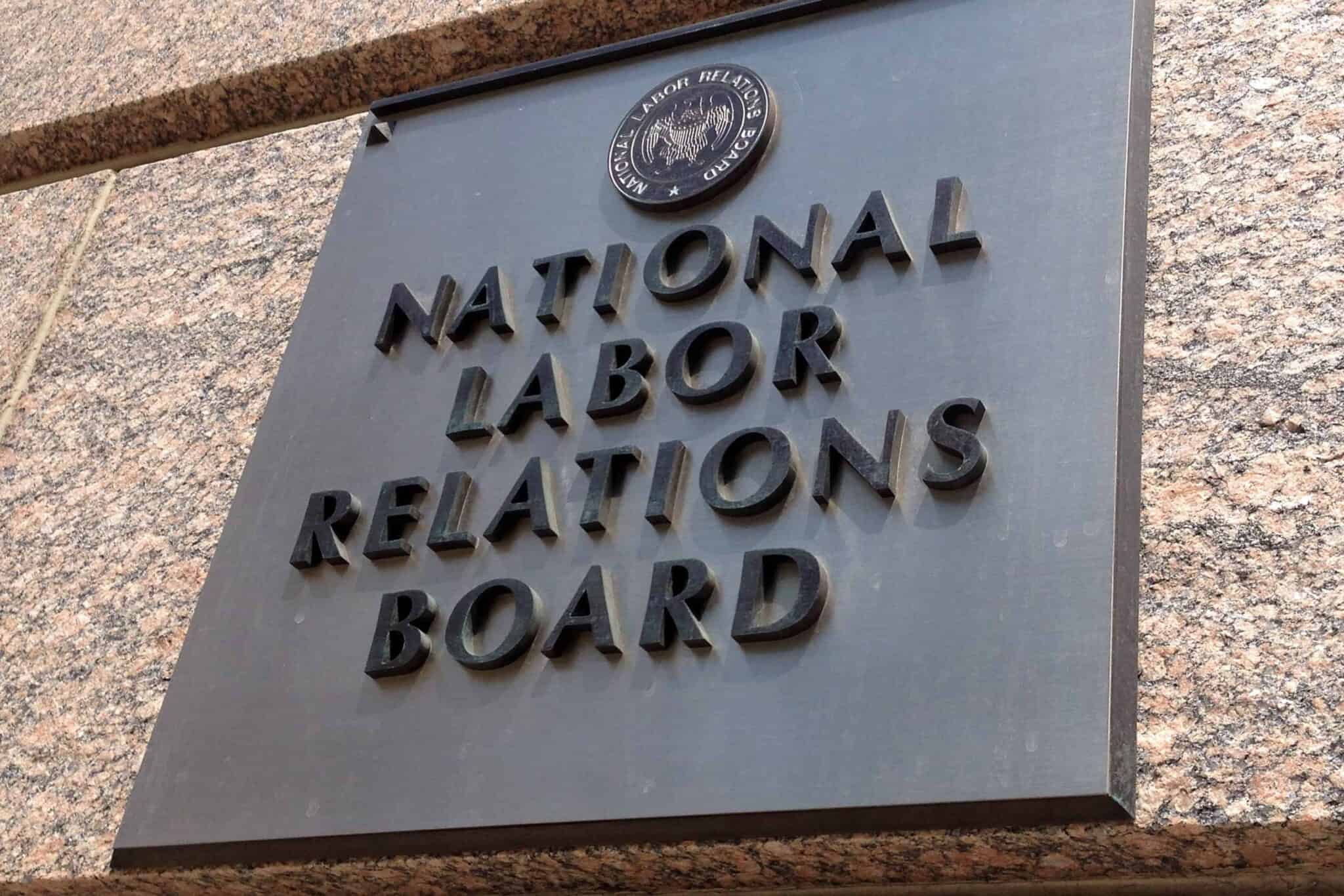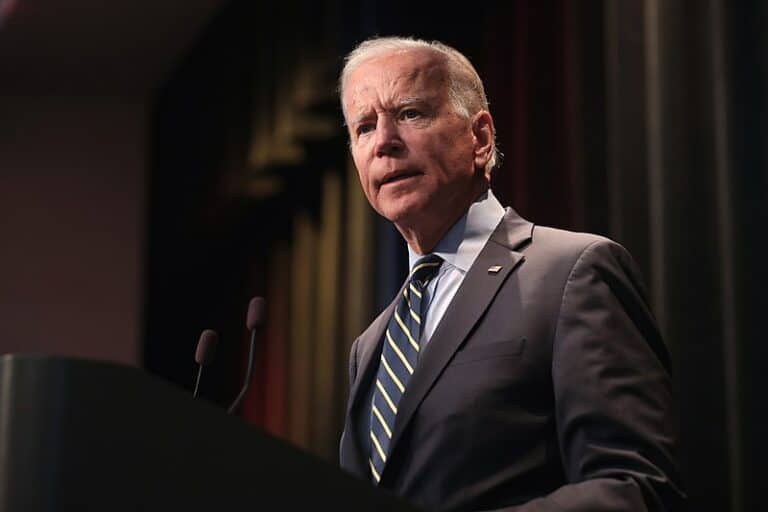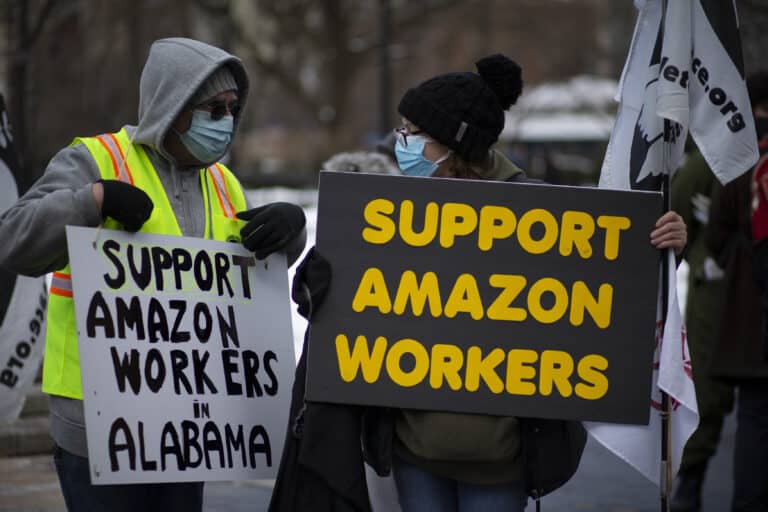
John Fry is a student at Harvard Law School.
The office of NLRB General Counsel Jennifer Abruzzo released a guidance memo on Thursday explaining how the Board will apply its new Cemex standard for remedial bargaining orders. As Tascha explained in August, when a union claims majority support and demands recognition from an employer, Cemex requires the employer to either petition the Board for an election within two weeks, or else recognize and bargain with the union. If the employer does neither, the Board will issue a remedial bargaining order. Likewise, if the employer insists upon an election and then commits certain unfair labor practices (“ULPs”) during the “critical period” between the demand for recognition and the casting of votes, the election will be set aside, and the Board will order the employer to bargain with the union.
Abruzzo’s memo seeks to clarify and emphasize parts of the Cemex decision. The memo explains that “an employer confronted with a verbal or written demand for recognition” has three options: (1) recognize and bargain with the union; (2) file a petition within two weeks “to test the union’s majority support and/or challenge the appropriateness of the unit;” or (3) await the processing of the union’s petition for an election (if it has filed one). If the employer does none of these things, the union can file an 8(a)(5) charge for refusal to bargain. The employer can argue that “unforeseen circumstances” prevented it from filing an election petition within two weeks; the Board will evaluate such claims on a case-by-case basis.
The memo also discusses which ULPs during an election will trigger a bargaining order. Any 8(a)(3) ULP by the employer (i.e. firing or discrimination in terms of employment meant to discourage union membership) will suffice. While the retaliatory firing of a union supporter is the quintessential 8(a)(3) ULP, Abruzzo’s memo notes that even “non-hallmark” violations will lead to Cemex orders. 8(a)(1) ULPs by the employer (i.e. interfering with workers’ protected concerted activity) will also trigger a bargaining order, unless the violations are “so minimal or isolated that it is virtually impossible to conclude that the misconduct could have affected the election results.” The Board will make this determination by examining factors such as “the number of violations, their severity, the extent of dissemination, the size of the unit, the closeness of the election (if one is held), the proximity of the misconduct to the election date, and the number of unit employees affected.”
If an employer commits the violations described above, the affected union can file the appropriate 8(a)(1) and 8(a)(3) ULP charges. If the election has already taken place, the union can also file objections explaining how the ULPs tainted the election. However, such objections are not necessary to obtain a bargaining order. The memo also encourages unions seeking a Cemex order to file an 8(a)(5) refusal-to-bargain charge. While the Board may issue a bargaining order without an 8(a)(5) charge on file, the memo says it is “preferable” for unions to include one. If the Board deems the ULPs sufficient, it will dismiss the election and issue a bargaining order, regardless of which party originally filed for the election.
The memo stresses that Cemex is meant to vindicate workers’ right to freely choose whether they want union representation. An employer that denies its employees an “uncoerced choice” and taints an election must accept that “nonelection means, such as valid union authorization cards,” are the best evidence of employees’ “representational preference.” The memo warns that “employers act at their own peril in refusing to recognize and bargain” with unions that claim majority support. Abruzzo also urges the Board’s Regional Offices to continue seeking 10(j) injunctions when serious ULPs are alleged, in order to ensure that later remedies, such as Cemex orders, are meaningful. While this guidance does not alter the law set forth in Cemex, it sends a clear message that the Board means business when it comes to enforcing workers’ right to choose a union.










Daily News & Commentary
Start your day with our roundup of the latest labor developments. See all
June 30
Antidiscrimination scholars question McDonnell Douglas, George Washington University Hospital bargained in bad faith, and NY regulators defend LPA dispensary law.
June 29
In today’s news and commentary, Trump v. CASA restricts nationwide injunctions, a preliminary injunction continues to stop DOL from shutting down Job Corps, and the minimum wage is set to rise in multiple cities and states. On Friday, the Supreme Court held in Trump v. CASA that universal injunctions “likely exceed the equitable authority that […]
June 27
Labor's role in Zohran Mamdani's victory; DHS funding amendment aims to expand guest worker programs; COSELL submission deadline rapidly approaching
June 26
A district judge issues a preliminary injunction blocking agencies from implementing Trump’s executive order eliminating collective bargaining for federal workers; workers organize for the reinstatement of two doctors who were put on administrative leave after union activity; and Lamont vetoes unemployment benefits for striking workers.
June 25
Some circuits show less deference to NLRB; 3d Cir. affirms return to broader concerted activity definition; changes to federal workforce excluded from One Big Beautiful Bill.
June 24
In today’s news and commentary, the DOL proposes new wage and hour rules, Ford warns of EV battery manufacturing trouble, and California reaches an agreement to delay an in-person work mandate for state employees. The Trump Administration’s Department of Labor has advanced a series of proposals to update federal wage and hour rules. First, the […]